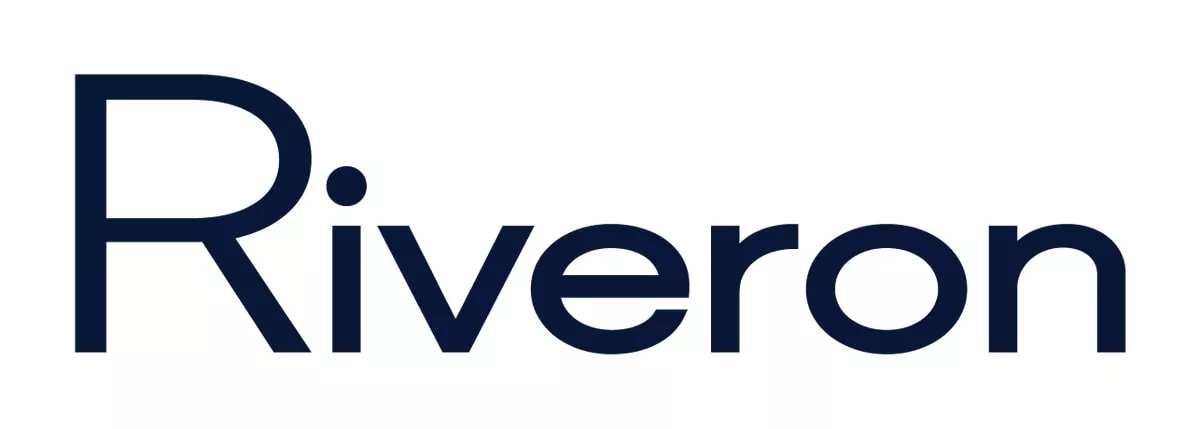- within Law Department Performance topic(s)
- with readers working within the Insurance industries
To help companies understand the latest developments related to California climate disclosure regulations and prepare related reporting strategies, Riveron sustainability reporting experts share key takeaways from CARB's workshop held on August 21.
On August 21, the California Air Resources Board (CARB) hosted a public workshop to share updates and additional guidance on California's climate disclosure regulations (SB 253, SB 261, and SB 219). While the discussion clarified several points, it also highlighted areas where key details remain unresolved. Importantly, the content presented represents proposals, not final rules, and further changes are expected before year-end.
Here are the latest California climate disclosure considerations that company leaders and sustainability reporting professionals should keep in mind:
There are exemptions under consideration, including companies for which the presence of teleworking employees is the only business in California.
CARB proposed exemptions for certain entities, including:
- Companies for which teleworking employees are the only business in California
- Non-profit organizations
- Government entities
- CAISO or companies whose California activity is wholesale electricity trading across state lines
CARB is considering using the California Secretary of State's Business Entity database to determine which companies are considered in scope. These exemptions are not yet finalized, and CARB is seeking feedback.
CARB introduced annual fees for the implementation and administration of the new reporting programs. All entities subject to the regulation will be assessed the fee.
Flat annual fees to fund the program's administration were introduced:
- SB 253: approximately $3,100
- SB 261: approximately $1,400
- Entities with greater than $1B in annual revenue must pay both (approximately $4,500 total)
Notably, the SB-261 fee applies annually even though disclosures are biennial. Fees will be adjusted for inflation over time.
June 30, 2026, is the proposed due date to submit Scope 1 and 2 emissions for SB-253, but other factors like report details and assurance standards remain under consideration.
- CARB presented a proposed deadline of June 30, 2026. Draft templates for Scope 1 and 2 reporting will be released in September for public feedback.
- Submissions must undergo limited assurance prior to the proposed deadline. Standards under consideration include ISSA 5000, AA1000, ISO 14060, and AICPA
- CARB is still considering whether 2024 data may be accepted in initial reports and how to address disclosure timing for companies with off-calendar fiscal year ends.
CARB provided meaningful clarity on minimum compliance for SB-261 climate risk disclosures.
- Reports are due January 1, 2026 (biennial thereafter) and must be posted on the company website with a link submitted to CARB's docket (docket window open from Dec 1, 2025 – July 1, 2026).
- Companies may use TCFD 2017, IFRS S2, or equivalent frameworks. Reports must state which framework is used and identify disclosures made and not made, and omissions must be explained.
- Key clarification: SB 261 does not require GHG emissions disclosures. Scenario analysis is encouraged but not required; qualitative disclosures will satisfy minimum compliance initially.
- Reports may be standalone or integrated into broader sustainability or SEC filings.
CARB is advancing on implementation details for California's climate disclosure laws, but significant uncertainties remain. California has encouraged companies to put forth "good faith" efforts to comply with the rules in the initial year of reporting. Even so, companies should begin preparing reporting strategies now, while actively monitoring forthcoming guidance this fall.
The content of this article is intended to provide a general guide to the subject matter. Specialist advice should be sought about your specific circumstances.



